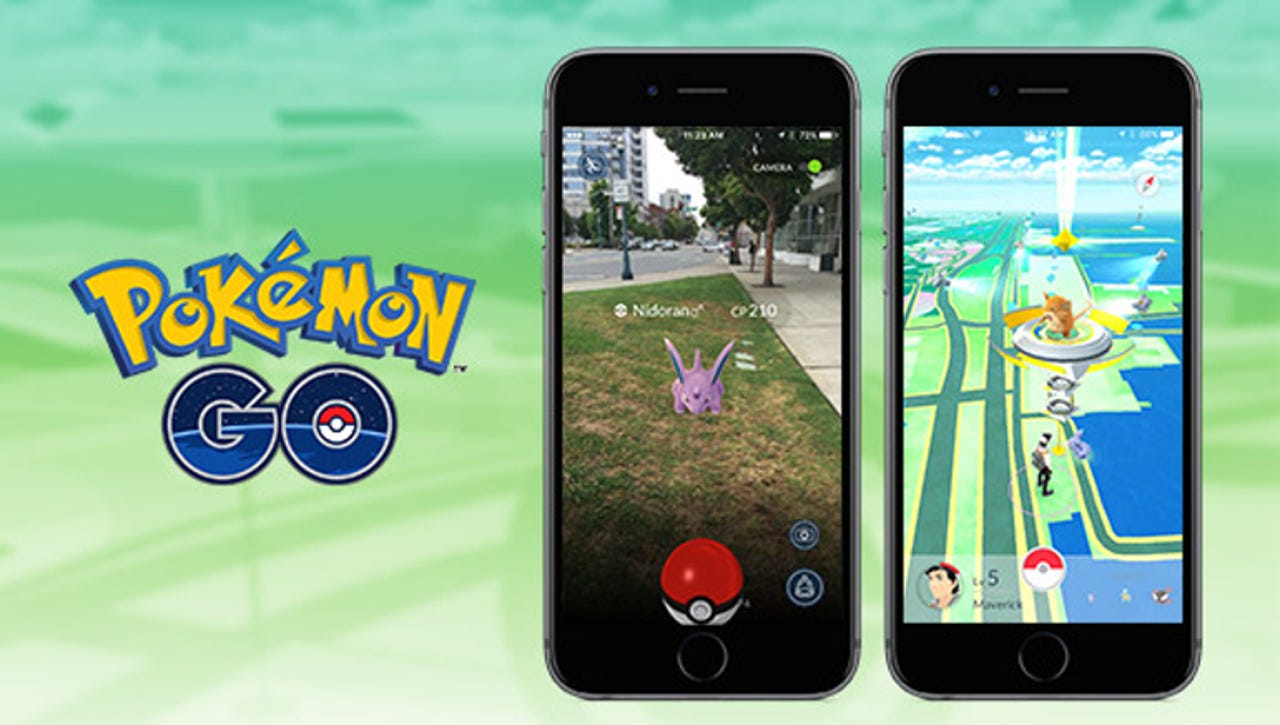Microsoft: Pokémon Go could give you 41 days of extra life


A Microsoft-Stanford research study tries to determine whether Pokémon Go beats health apps when it comes to certain groups who aren't inspired by exercise software.
Experts have been praising Pokémon Go for improving players' health through activity, but now Microsoft Research and Stanford University have tried to calculate exactly how much the game really does help.
If people kept roaming the streets to "catch 'em all", that extra activity would add 2.8 million years of additional lifetime to US users alone, according to the researchers.
The study, which gathers Microsoft band sensor data and Bing search logs for 32,000 users over a three-month period, found the app added an estimated 144 billion steps to US physical activity. The most engaged users took 1,473 more steps than usual, boosting activity by more than 25 percent.
Shortly after Pokémon Go's release, the British Medical Journal praised the app for encouraging activity among people who weren't reached by fitness apps, but the publication lacked evidence.
The Microsoft-Stanford research also tries to determine whether Pokémon Go beats health apps when it comes to certain groups who aren't inspired by exercise software.
The study compares the effect of Pokémon Go with the effect of four unnamed apps that are regularly rated as top health apps on iOS and Android.
"We find that Pokémon Go is able to reach low-activity populations while all four leading mobile health apps studied in this work largely draw from an already very active population," the researchers noted.
The researchers argue games such as Pokémon Go could have significant implications for public health since they encourage more activity in men and women of all ages, weight status, and previous activity levels.
However, as an answer to public health, one obvious challenge is keeping users engaged. Pokémon Go launched in early July and peaked with 40 million users worldwide later that month -- but since August has shed more than 10 million users.
Another issue is that males are more likely to play games than females, so half of the population is not targeted. Still, if Pokémon Go did maintain activity levels seen over the period of the study, it could have a "measurable effect on life expectancy," adding an estimated 2.825 million years of additional lifetime to its US users.
That estimate assumes that if users aged between 15 and 49 years took 1,000 steps a day, it would be associated with 41.4 days of additional life expectancy, which amounts to 2.825 million years when spread across 25 million Pokémon Go users in the US.
Microsoft may also have a limited ability to repeat the study, given that it just pulled the Microsoft Band from its store and won't be refreshing the product.